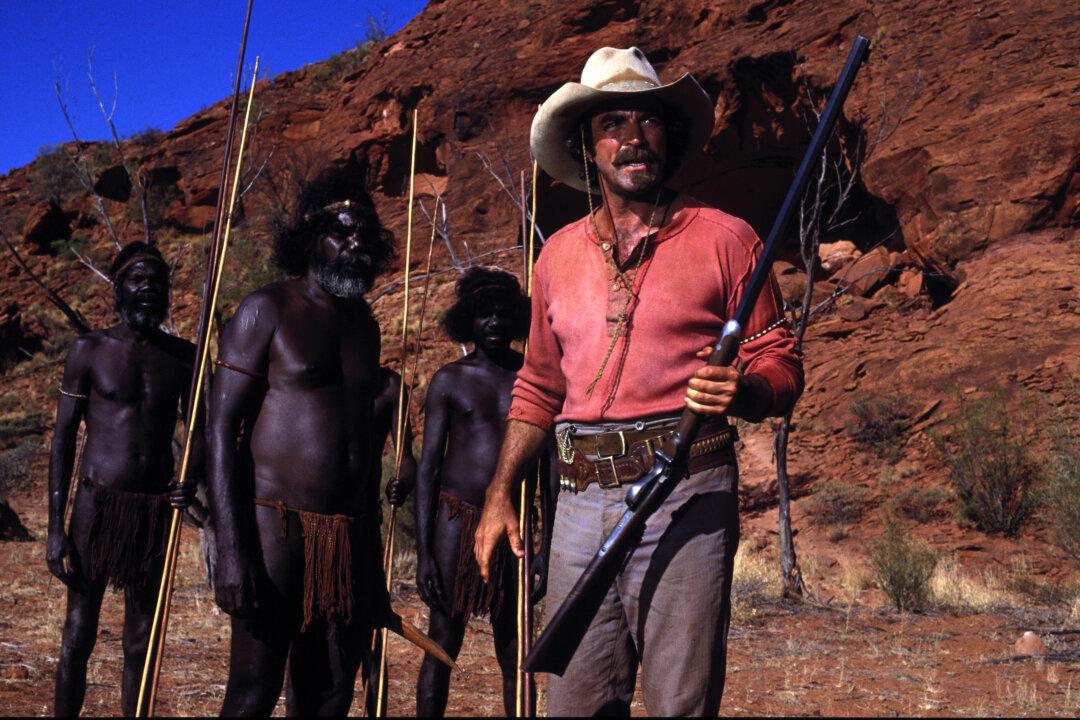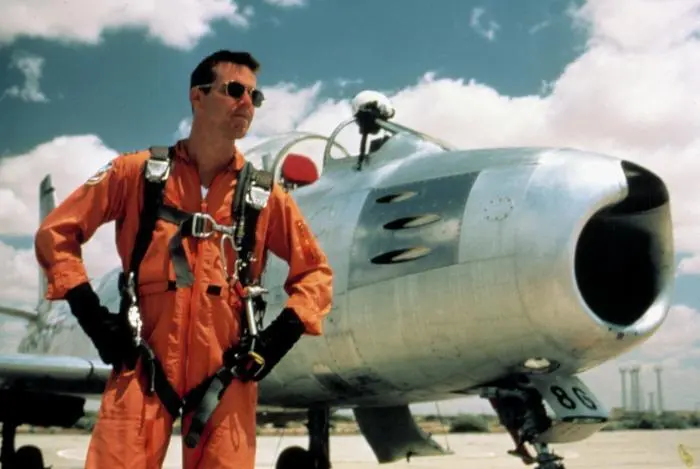PG-13 | 1h 59min | Western | 1990
A character in Australian director Simon Wincer’s Western, set in 19th-century Australia, salutes its pretty landscapes: “They say God made Australia last ... after he got tired of making everything else the same.” Mr. Wincer’s tale may be about America’s foundational values and the transcendental values of truth and goodness, but his camera dwells on beauty, too. More on beauty in a moment.





